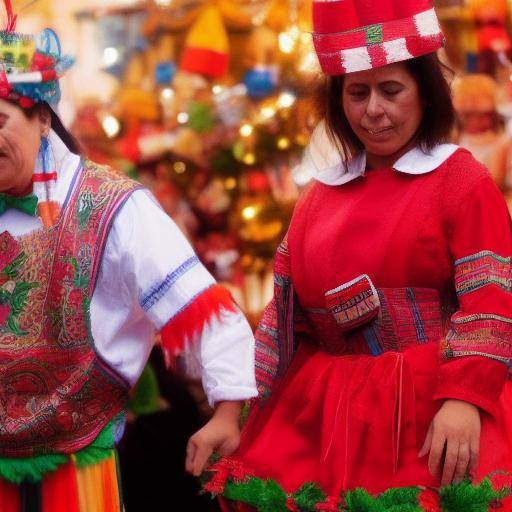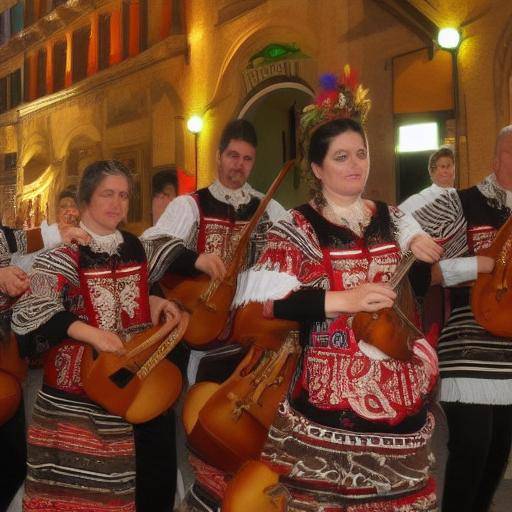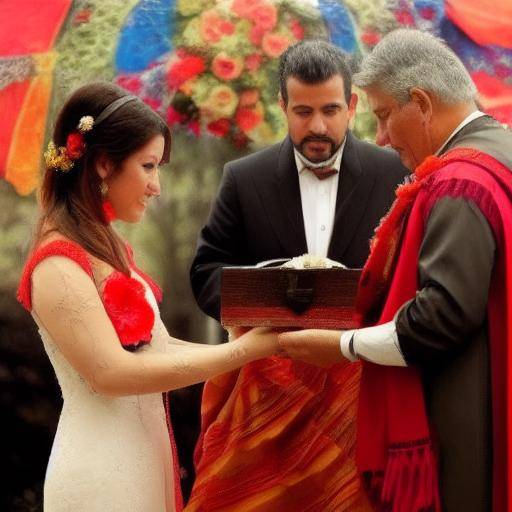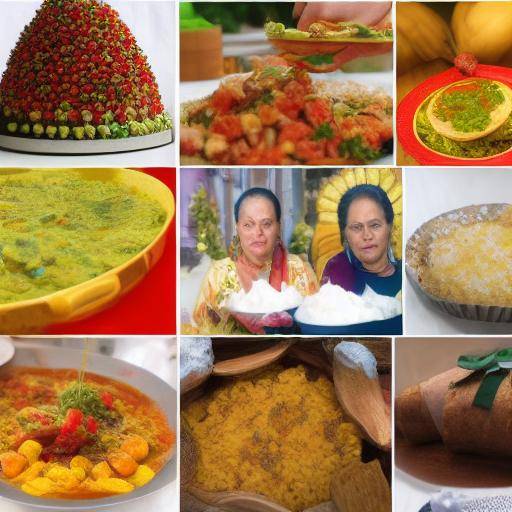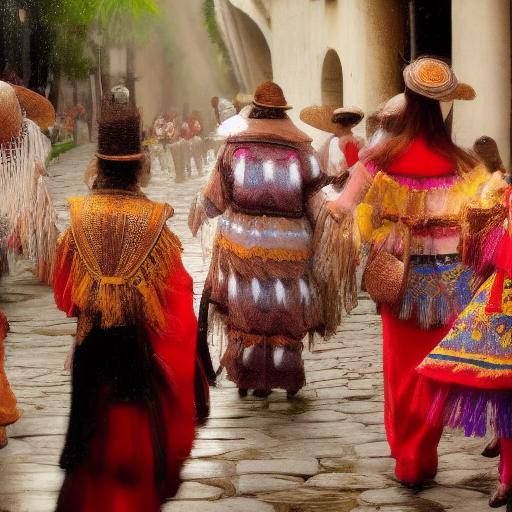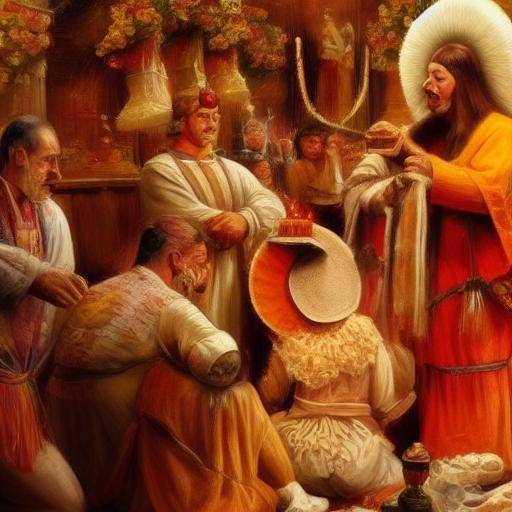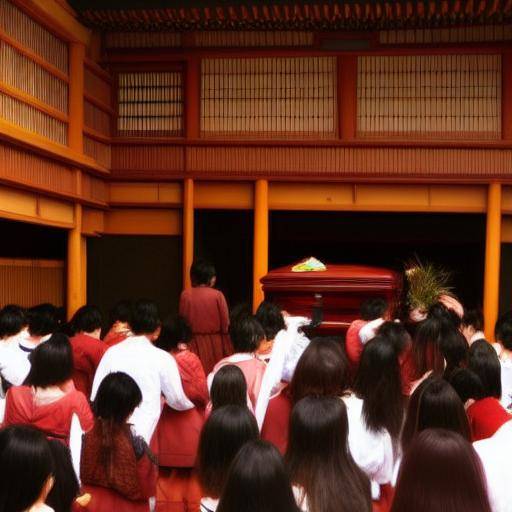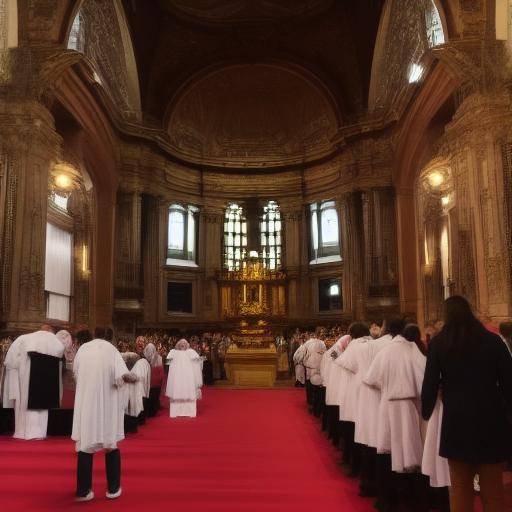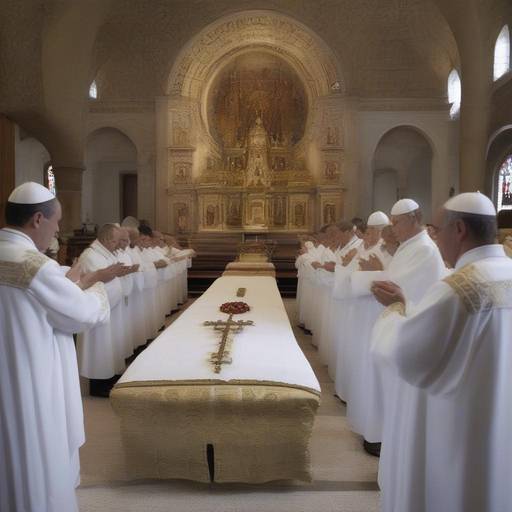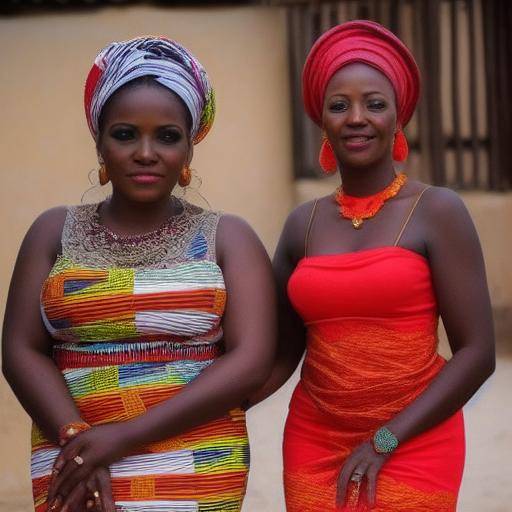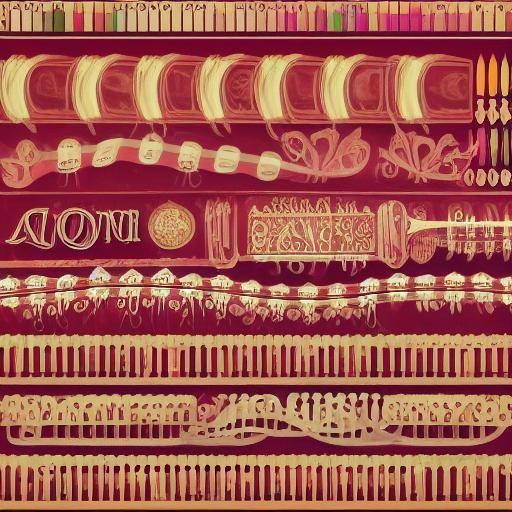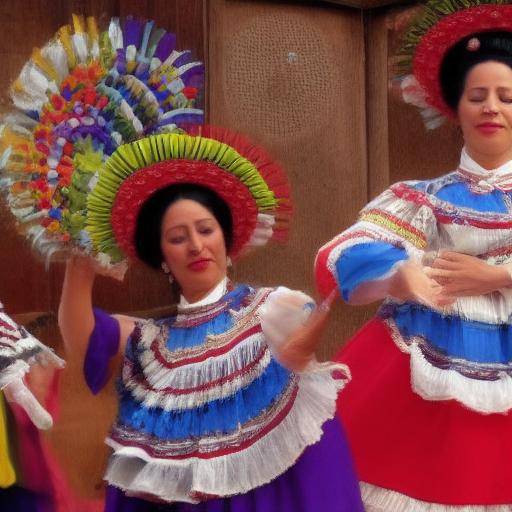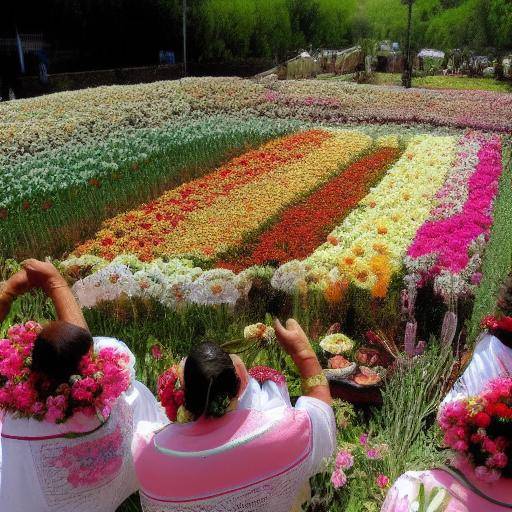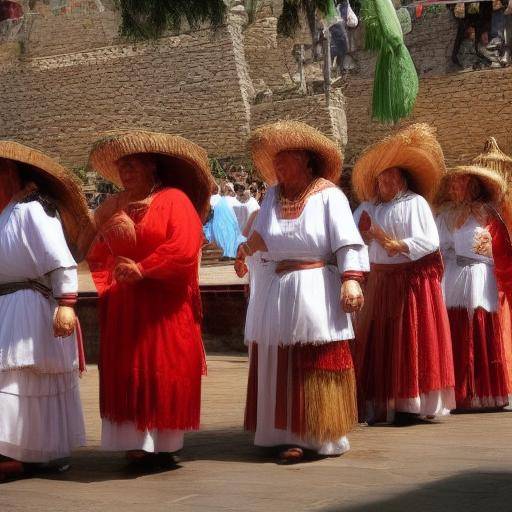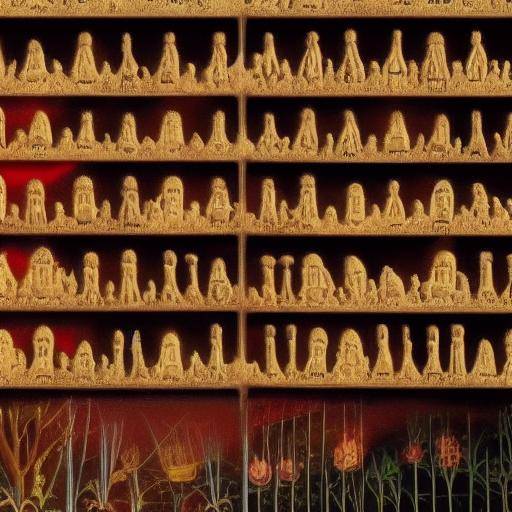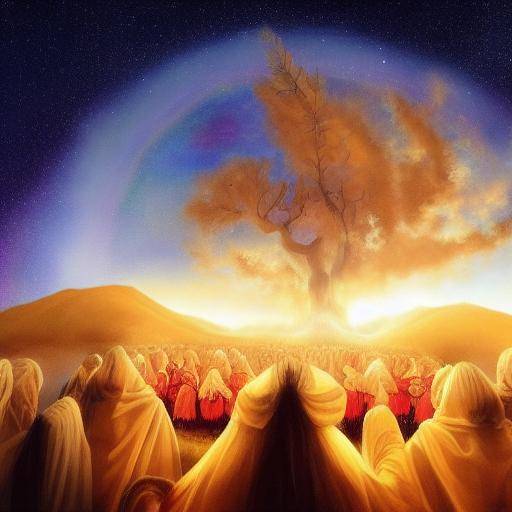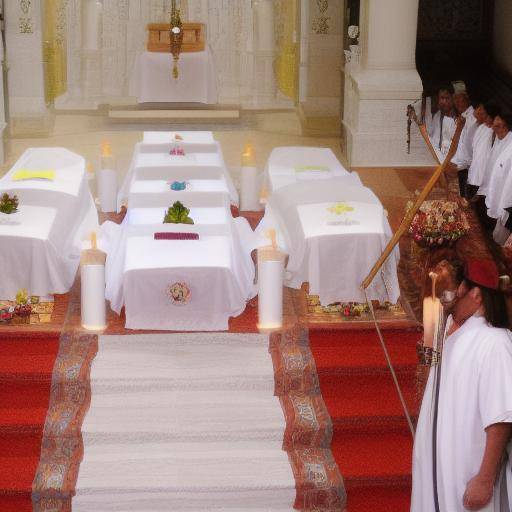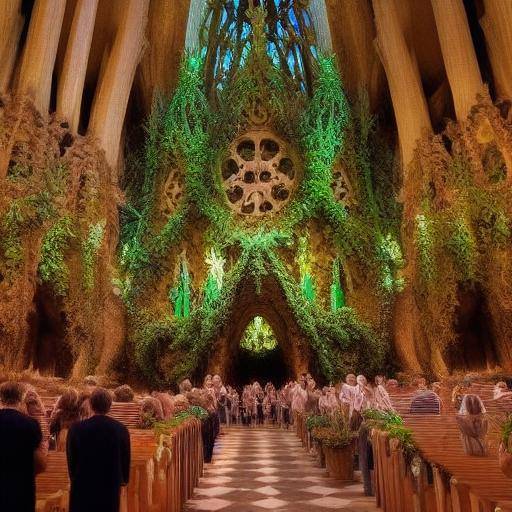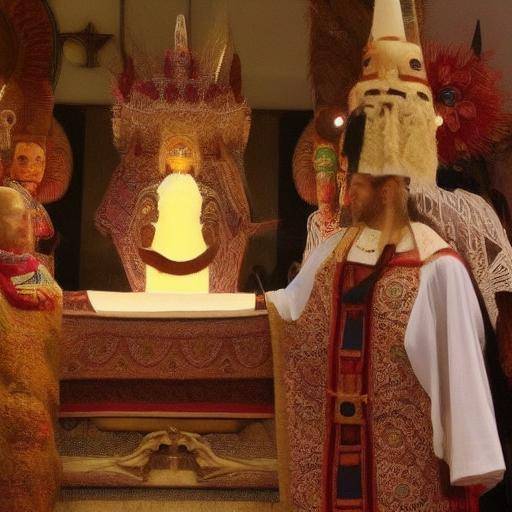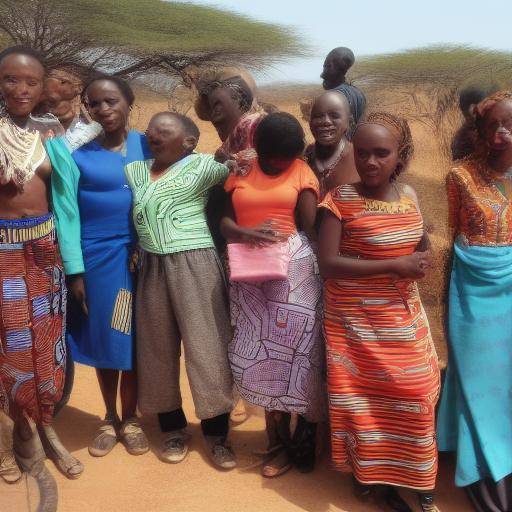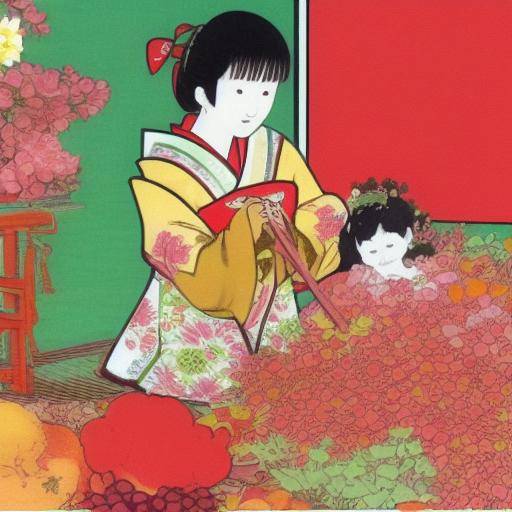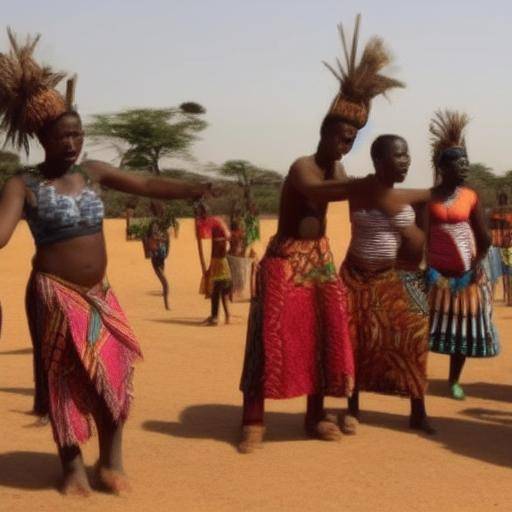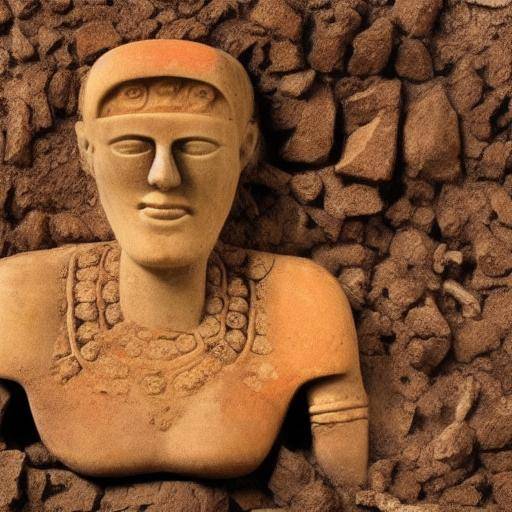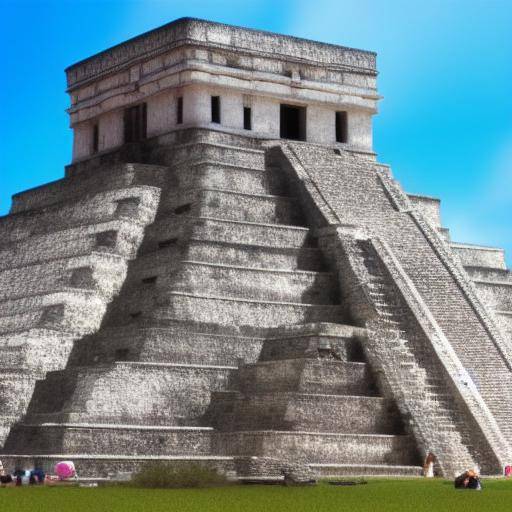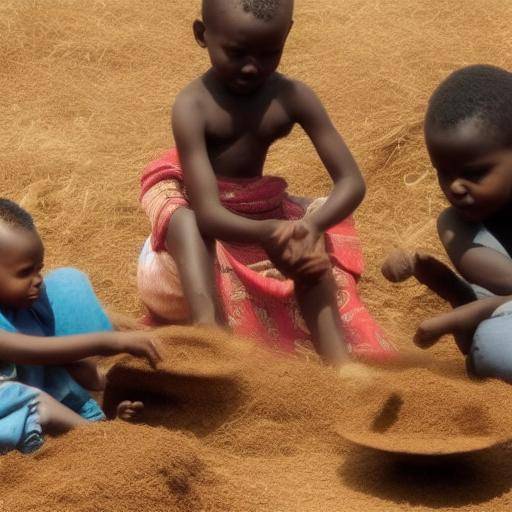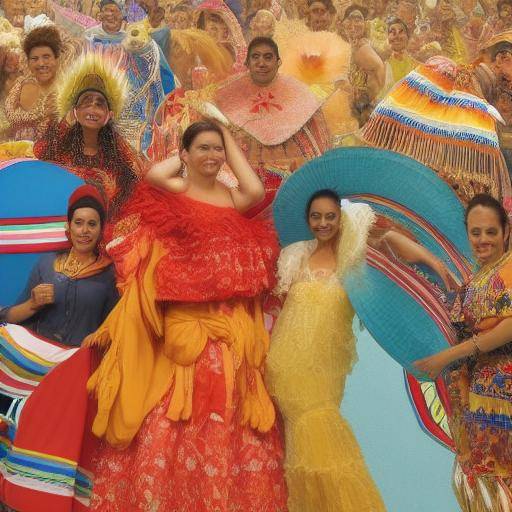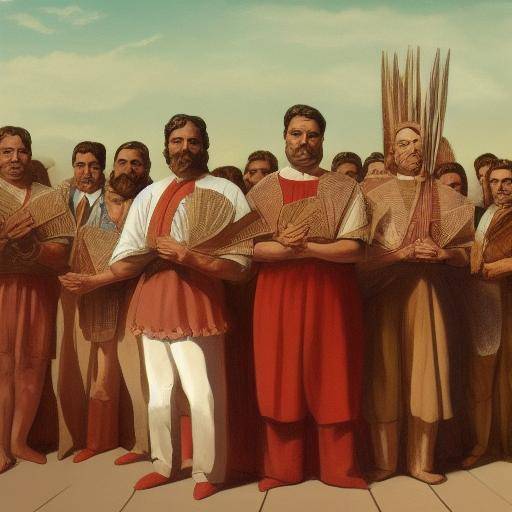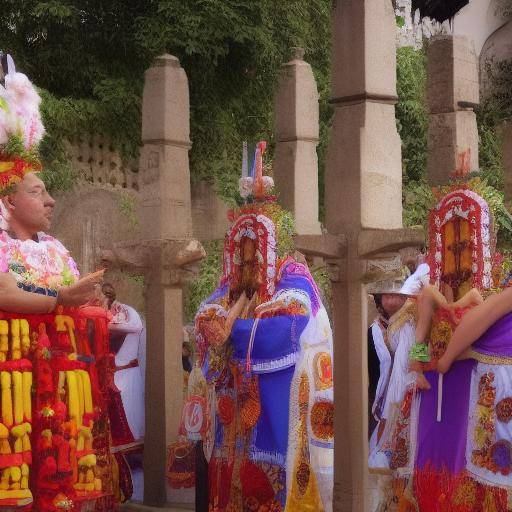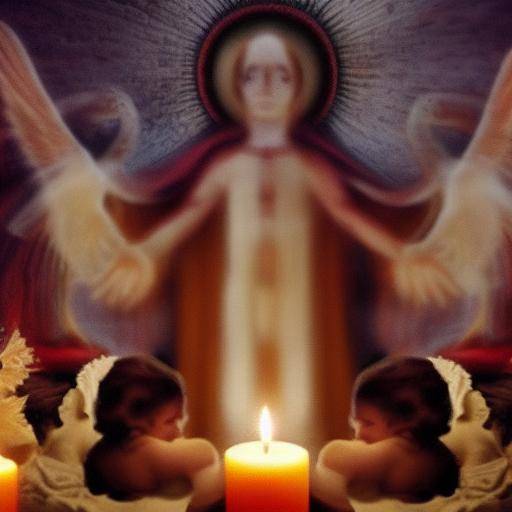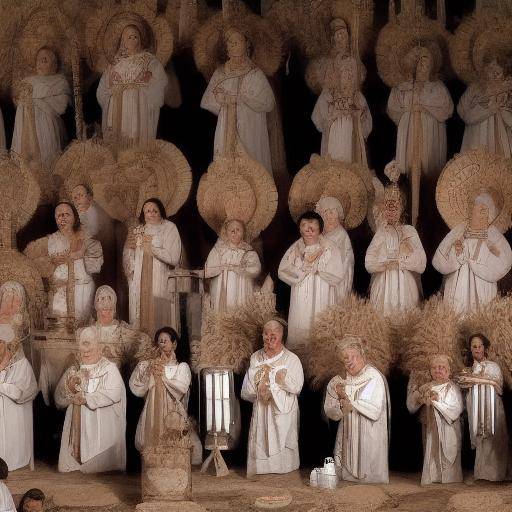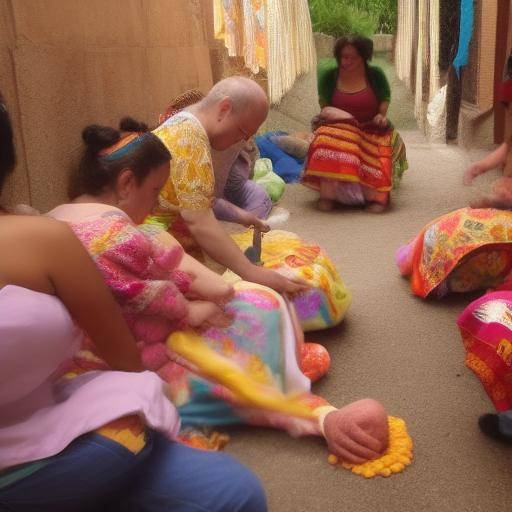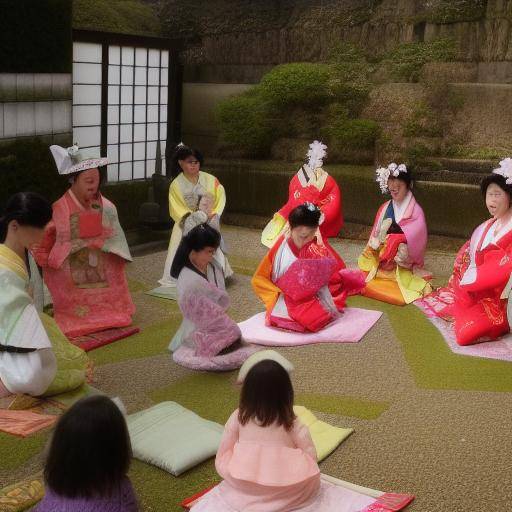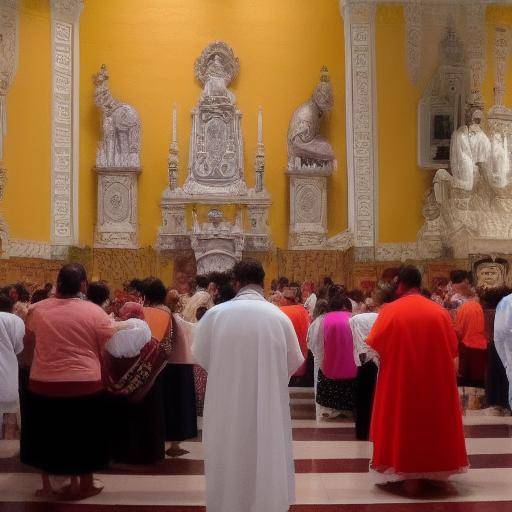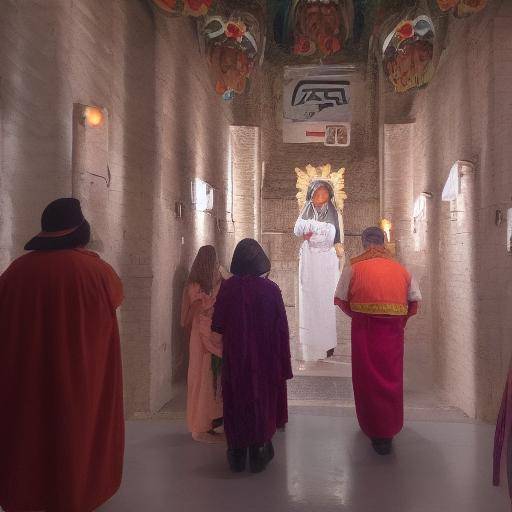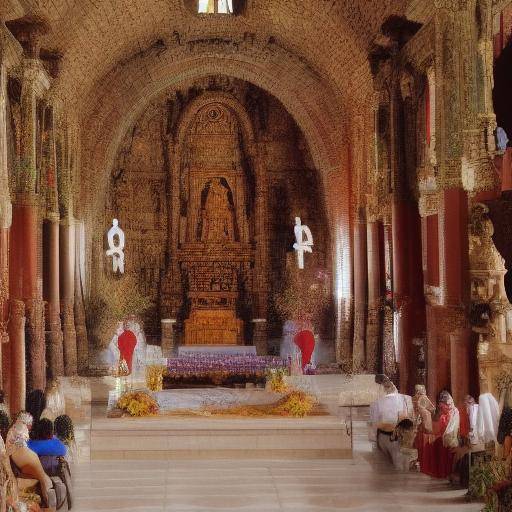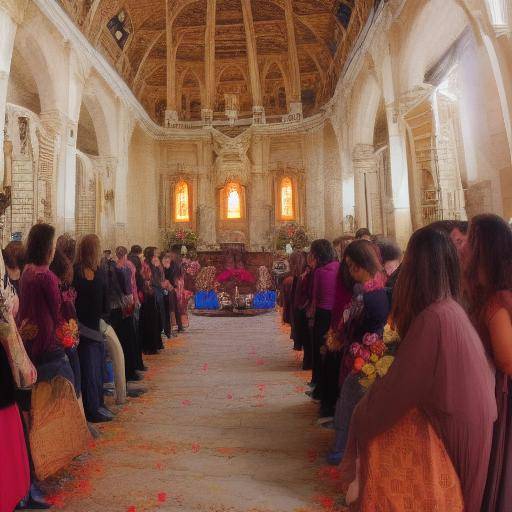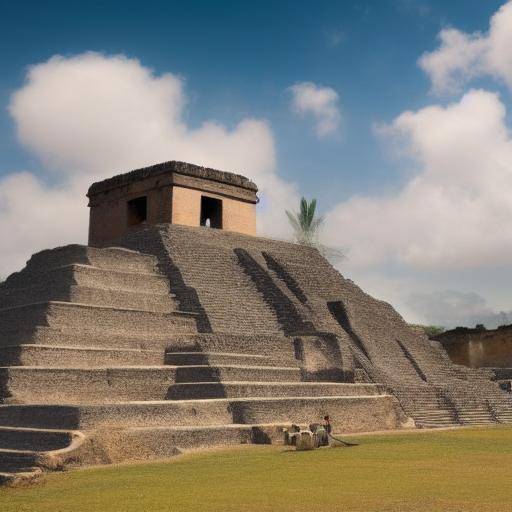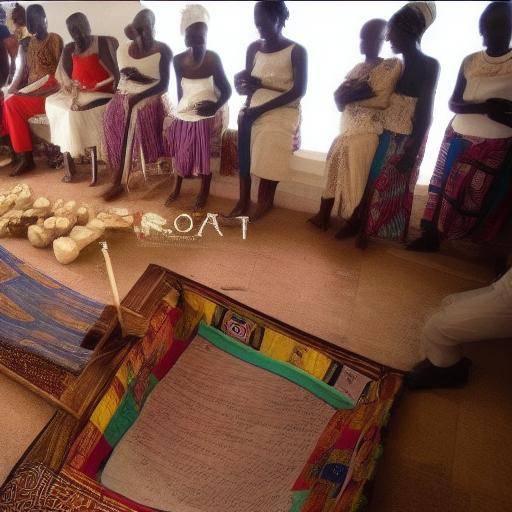
Introduction
Funeral rituals in African culture offer a unique window to understand the profound beliefs, traditions and values of different African societies. These rituals are not only a means to honor the deceased, but also reflect the vision of life, death and the beyond that characterizes the different cultures of the continent. In this article, we will explore the meaning of funeral rituals in African culture, its historical importance, its relevance today, and how they contribute to preserving and transmitting African cultural identity. In addition, we will examine the diversity of funeral practices in different regions of Africa and their symbolic and spiritual wealth.
History and Background
Funeral rituals in African culture have ancestral roots that go back to ancient civilizations. From Egypt with its elaborate burial ceremonies to the traditions of the continent's most remote tribes, the act of dismissing loved ones has been a crucial part of African life.
Antiquity and Evolution
In ancient times, African peoples developed funeral ritual complexes that were closely linked to their religious and spiritual beliefs. These rituals served as a way of honoring the deceased, ensuring their safe passage to the beyond and preserving their legacy in the collective memory of the community.
Historical Influences and Transformations
Over the centuries, African funeral practices have undergone significant changes due to the influence of factors such as colonization, Christianity and Islamization. These influences have interacted with local traditions, leading to a diversity of funeral rituals that reflect the synthesis of different worldviews and beliefs.
Deep analysis
Importance and Significance
Funeral rituals in African culture have a profound symbolic and spiritual importance. These rituals not only honor life and death, but also strengthen community ties and offer emotional comfort to loved ones. The connection between the earthly world and the spiritual world is a central element in many of these rituals, creating a sacred space where the material and the spiritual intertwine.
Contemporary Challenges and Adaptations
In the contemporary context, African funeral rituals face challenges arising from urbanization, globalization and changes in family structures. However, many communities have demonstrated a remarkable ability to adapt their funeral practices to new contexts, preserving their essence and meaning in a constantly changing world.
Comprehensive review
Regional Practices and Varieties
Africa ' s diversity is reflected in the wide range of funeral practices on the continent. From the elaborate burial ceremonies of some West African societies to the rituals of veneration of the ancestors of the cultures of Southern Africa, each region exhibits a rich variety of funeral traditions that reflect the worldview and values of their respective communities.
The Cultural Legacy and its Transcendence
Funeral rituals in African culture contribute significantly to the preservation of the cultural heritage of the continent. These practices are bearers of knowledge, values and traditions transmitted from generation to generation, enriching the African cultural legacy and keeping alive the roots of each society.
Comparative analysis
Funeral rituals in African culture vary enormously from region to region, reflecting the many cultural influences and nuances present on the continent. However, despite these differences, there is a common thread that unites these practices: the profound connection between the individual, the community and the spiritual world. These ceremonies transcend regional differences by focusing on the celebration of the life of the deceased and the transition to the beyond with respect and dignity.
Practical Tips and Accessible Recommendations
Participation and respect
Being spectators or participants in African funeral rituals, it is essential to demonstrate respect and sensitivity to community practices and beliefs. Show empathy, listen carefully and follow the directions of ceremonial leaders are important steps to adequately honor the deceased and their families.
Expand Cultural Understanding
For those interested in deepening their understanding of African funeral rituals, seeking to educate themselves on the diversity of traditions and meanings is essential. Read about stories and testimonies of individuals who have participated in these practices can provide an enriching perspective and foster intercultural understanding.
Industry Perspectives and Expert Reviews
The opinions of anthropologists, historians and academics specializing in African studies offer a profound look at the importance and evolution of funeral rituals in African culture. These expert voices provide valuable insights on the relationship between these rituals and cultural identity, as well as their relevance in the contemporary context.
Case Studies and Real Life Applications
Specific examples of African funeral rituals, such as mourning ceremonies in Yoruba culture, the practices of veneration of ancestors in Zulu culture or the funeral rituals of the Ashanti peoples, allow us to understand the richness and diversity of these traditions. Analyzing these experiences in detail offers an authentic and moving view of their meaning and cultural relevance.
Future Trends and Predictions
The preservation and revitalization of African funeral rituals are becoming a matter of growing interest as African communities and researchers seek to safeguard and promote these essential aspects of culture. Current trends suggest a rebirth and a revaluation of these practices, as well as their integration into a globalized context.
Conclusions and FAQs
Conclusion
Funeral rituals in African culture contain a depth of meanings and symbolism that transcend the mere act of dismissing loved ones. These practices provide a window for understanding the cosmovision, spirituality and cultural identity of African communities. In studying and appreciating these traditions, a deep enrichment of intercultural knowledge and respect is encouraged.
Frequently asked questions (FAQs)
1. What is the main purpose of funeral rituals in African culture?
In African culture, funeral rituals not only honor and fire the dead, but also facilitate their transition to the beyond and strengthen community ties.
2. How have African funeral rituals evolved over time?
African funeral rituals have undergone significant transformations due to the influence of factors such as colonization, Christianity and Islamization, adapting their practices to new contexts without losing their essence.
3. What role do funeral rituals play in the preservation of African cultural heritage?
These practices are bearers of knowledge, values and traditions transmitted from generation to generation, enriching the African cultural legacy and keeping alive the roots of each society.
4. How can people from other cultures show respect for African funeral rituals?
Sensitivity, empathy and respect are fundamental when participating as a spectator or participant in African funeral rituals. Showing respect for the practices and beliefs of the community, listening with attention and following the indications of ceremonial leaders are important steps to adequately honor the deceased and their families.
5. How can those interested in learning more about African funeral rituals expand their cultural understanding?
Educating about the diversity of traditions and meanings is essential. Reading stories and testimonies of individuals who have participated in these practices can provide an enriching perspective and foster intercultural understanding.
6. What are future trends related to African funeral rituals?
Current trends suggest a rebirth and a revaluation of these practices, as well as their integration into a globalized context, manifesting a growing interest in safeguarding and promoting these essential aspects of culture.
In conclusion, funeral rituals in African culture invite us to look beyond death, explore the connection between the individual, the community and the spiritual world, and appreciate the cultural wealth that they enclose. In understanding and honoring these profound traditions, we contribute to enriching our understanding of human diversity and to fostering respect and appreciation for the cultural riches that unite us as human beings in a globalized and diverse world.

